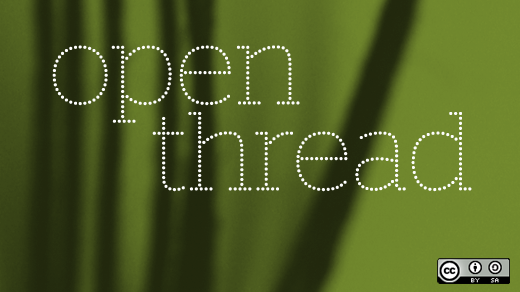60 Minutes did a segment on The Equity Project (TEP). TEP is a charter school that is publicly funded and privately run in New York City by founder and principal Zeke Vanderhoek. The goal of TEP is to prove that attracting the best teachers and holding them accountable for results is essential to a school’s success. And guess what else—Vanderhoek also rewards these top-tier educators with salaries around $125,000 per year.
You should absolutely watch this:
CBSnews.com, 60 Minutes archive: Charter school's $125K experiment
Airdate: March 13, 2011
Below are a few reasons I find TEP's approach so very promising:
-
TRANSPARENCY. Teaching at TEP might not be the right fit for every educator, so acknowledging that with expectations delivered upfront is important. It ensures the teachers understand what they are signing up for, and that they are choosing to be committed to the challenge.
- ACCOUNTABILITY. At TEP, it’s not okay to just be okay. Vanderhoek is willing to pay for the best teachers, but strings are attached. Each teacher is accountable for helping students intellectually grow from point a to point b—and their job depends on it.
- COLLABORATION. On top of accountability, there is a system in place for teachers to receive regular feedback. The teachers are required to hold peer critiques where they analyze teaching videos, gain feedback on teaching styles, and share techniques that did/did not work in their classroom. The teachers agree that this approach makes them better teachers.
- PASSION. The students are engaged and the teachers are invested. If you watched the video, you heard students say they appreciate the fact that the teachers stay on top of them to ensure they remain focused on their school work. They feel like the teachers truly care about their success. As for the teachers, not only are they enjoying their job, they trust Vanderhoek. They feel like they are becoming even better teachers with his guidance and this teamwork-focused approach.
What are your thoughts on this method of education? Will the approach at TEP put us closer to building stronger public schools?
Your thoughts and comments are what an open thread is all about. So, start sharing.






8 Comments